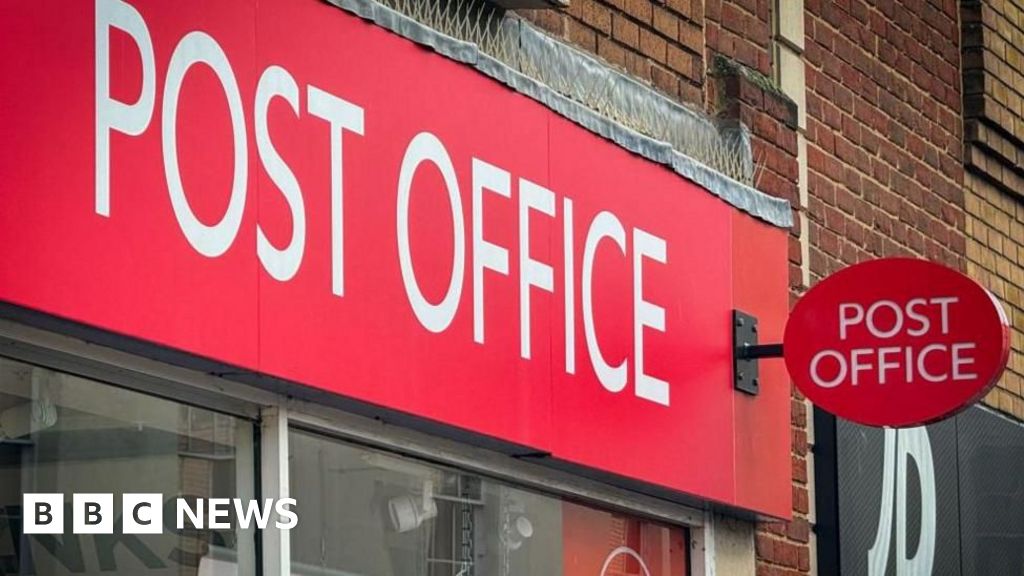Conservative leadership frontrunner Robert Jenrick has declared the UK must “get migration done”, warning the country cannot move on to discuss other pressing issues such as the economy, health or education until this “running sore” is tackled.
The issue of migration has dominated the Tory leadership contest so far, in which Jenrick is competing against Kemi Badenoch, James Cleverly and Tom Tugendhat to replace Rishi Sunak and help rebuild the party after its historic defeat in the election in July.
The party’s annual conference in Birmingham has become a beauty parade for the four candidates, who will be grilled by members on the main stage over the coming two days, starting with Badenoch and Tugendhat on Monday. It will finish on Wednesday with back-to-back keynote speeches by the contenders.
Jenrick told a campaign breakfast rally on the fringes of the event that the European Convention on Human Rights was a “leave or die” issue for the party.
He claimed the convention was making it “impossible” to deport terrorists or remove “dangerous foreign criminals like rapists and murderers and paedophiles” from British streets.
“This is more than just ‘leave or amend’: frankly, our party doesn’t have a future unless we take a stand and fix this problem,” he said.
Having positioned himself on the right of the party, he is the only candidate in the race who is pledging outright to quit the ECHR, while both he and Tugendhat are vowing to introduce a cap on inward net legal migration.

Hardline stances on migration are likely to play well with the Tory members who will select the overall winner. On Monday, one Tory delegate on the floor of the main conference urged the party to “apologise and un-smear” Enoch Powell, who was ousted from the Conservative front bench over his notorious “rivers of blood” speech against inward migration to the UK in 1968.
The delegate, asking a question to the main stage, claimed that Powell’s speech had in hindsight been “quite a fair and accurate prediction” about migrants to Britain committing “heinous crimes” — and received a smattering of applause.
Earlier in the day, Jenrick said that migration was “taking up the oxygen in our political life today”.
Surrounded by supporters wearing “We want Bobby J” baseball caps, Jenrick said: “I want to settle this running sore . . . so that all of us in this party in our country can get on to talk about all the other things that drove me into politics, and drive all of us in public life, the environment, education, the health service, the economy.”
The contest for Tory leader will see MPs eliminate two more candidates, before the final pair are put to members in an online ballot, with a result announced on November 2.
Tory chair Richard Fuller said there would be “no change” to the timing, even though it means the new leader will not be in place to respond to the Budget delivered by chancellor Rachel Reeves on October 30.
Later in the day former security minister Tugendhat, regarded as the outsider in the Tory leadership contest, gave a spirited conference presentation that repeatedly referred to his combat experience in Afghanistan and Iraq.
Tugendhat acknowledged his limited ministerial experience, but joked that he would not dwell on the lack of combat experience of his rivals: “They served in other ways,” he said. He said his rivals would have to “own their record” in office.
A centrist former Remainer, Tugendhat deployed messages to woo the Tory base including a promised legal annual migration cap of 100,000, lower taxes, and a lifting of the ban on new grammar schools.
The former intelligence officer, however, refused to accept that the party had to pursue the policies of Reform UK leader Nigel Farage: “My job is to reform the Conservative party, not to become Reform.”
Meanwhile, speaking at a fringe event, former prime minister Liz Truss described allegations that she had contributed to the decimation of the Conservative vote as “pathetic”.
Truss — who lasted 49 days as prime minister — suggested that the party would have done a lot better in the general election if she had still been at the helm, saying “when I was in Number 10, Reform was polling at 3 per cent, by the time we got to the election it was 18 per cent”.









































































































































You must be logged in to post a comment Login